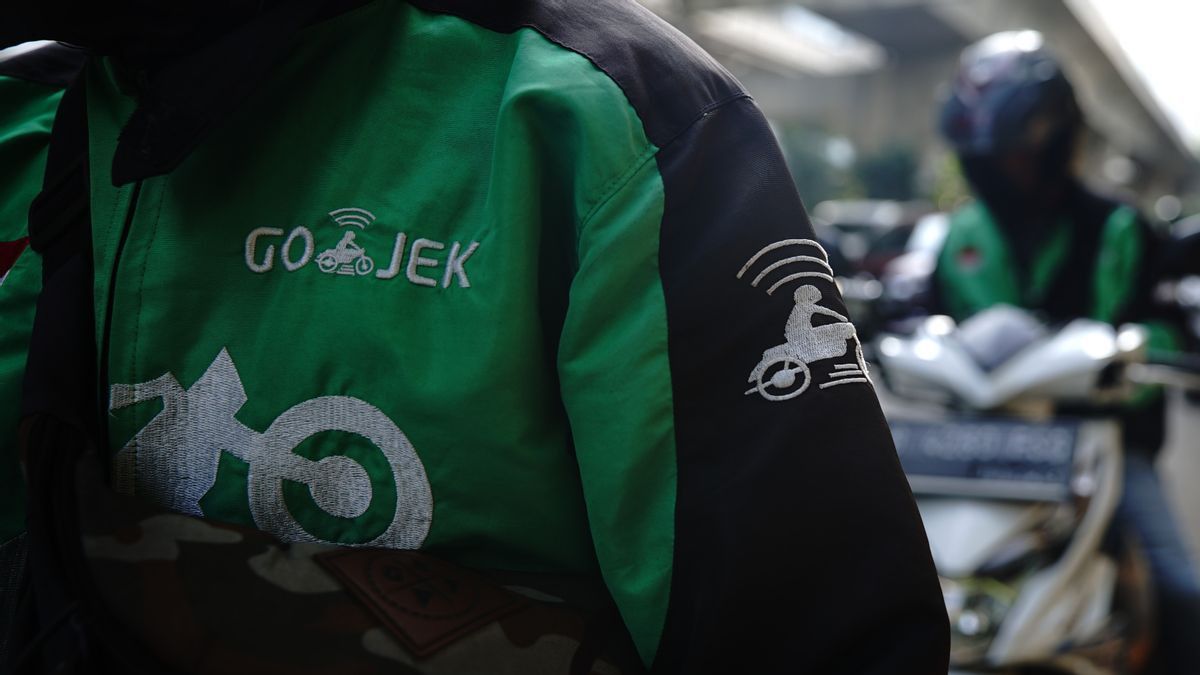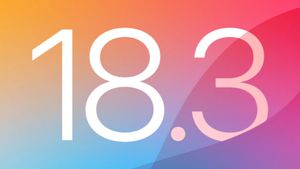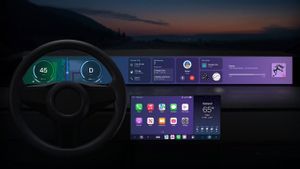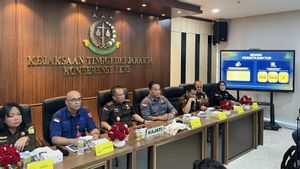JAKARTA - Gojek, through its subsidiary GoPay, has recorded that non-cash payments have continued to increase since last year. This happened because of the long pandemic period of the corona virus in Indonesia.
"Since the COVID-19 pandemic, non-cash payments have grown because of the pressure on hygiene," said Gojek's Head of Merchant Platform Business, Novi Tandjung, during an online press conference, Tuesday, February 9.
Although it did not mention the amount of the increase or transaction value. However, based on their data, the use of non-cash payments is no longer used by large retail stores, but is also available at warungs.
Non-cash payments promise hygiene for businesses and consumers alike because they reduce direct physical contact. For business actors, the more widespread the use of non-cash, the wider their opportunity to get customer segments that were not served previously.
- https://voi.id/teknologi/14746/bayar-pbb-jakarta-bisa-lewat-gopay
- https://voi.id/berita/27269/bi-12-juta-umkm-akan-terhubung-dengan-qris
- https://voi.id/berita/29309/anak-bj-habibie-yakin-bank-muamalat-makin-maju-dengan-qris-code
- https://voi.id/teknologi/23844/gojek-menjelma-jadi-i-super-app-i-dengan-mencaplok-saham-bank-jago
- https://voi.id/berita/31740/perusaha-milik-konglomerat-hary-tanoe-ini-dorong-transaksi-non-tunai-melewat-spin-pay
[/ see_also
Data from Midtrans, a payment system that was acquired by Gojek several years ago, shows that there were four non-cash payments that developed last year, namely bank transfers, cardless installments, QRIS codes and GoPay.
For the Gojek platform, 97 percent of consumers make digital transactions for food delivery services, 76 percent for goods delivery services and 75 percent for online transportation services.
The increase in non-cash payments is in line with the increasing digital adoption of micro, small and medium enterprises.
Throughout 2020, 16 percent of the total 64.2 million MSMEs in Indonesia entered the digital platform. Even though it sounds like a lot, for Gojek, there is still a lot of homework to invite business people to enter the digital platform.
Even so, they are optimistic for this year because they have learned from last year's experience. "Although not necessarily easier, but, better prepared," said Novi.
Gojek is committed to more solutions that utilize technology and community approaches to help MSMEs in Indonesia, including developing features and collaborating with the government and financial institutions.
The English, Chinese, Japanese, Arabic, and French versions are automatically generated by the AI. So there may still be inaccuracies in translating, please always see Indonesian as our main language. (system supported by DigitalSiber.id)













